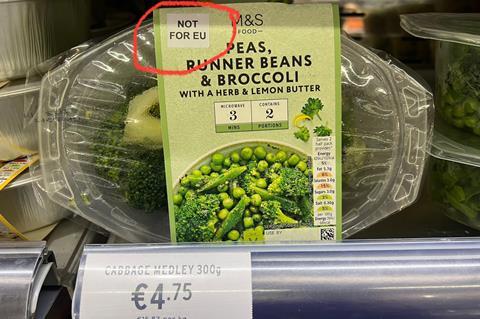
Marks & Spencer’s difficulties with the Windsor Framework have been laid bare with the sighting of veg incorrectly carrying ‘Not for EU’ labelling in the Republic of Ireland.
Shoppers in ROI saw an M&S peas, runner beans & broccoli medley line carrying the labelling over the weekend, a post on LinkedIn confirmed.
The move contravenes tough new rules designed to restrict the flow of goods at the EU border in Ireland, as part of post-Brexit border controls.
Similar examples have been reported by Irish shoppers since the Windsor Framework checks first came into force in October 2023.
The Framework’s third and final phase, which extended labelling requirements to pre-packed goods such as quiche, pizzas and stuffed pasta, came into effect in July.
That was despite the UK and EU agreeing a “reset deal” in May, which, after negotiations with the EU are completed, will lead to a new UK/EU sanitary and phytosanitary (SPS) zone by 2027.
Until then, products carrying the labelling are not permitted to cross over into EU territory and therefore cannot legally be sold in Ireland.
Read more: M&S boss Machin calls for EU SPS talks to be ‘sped up’ amid Windsor Framework red tape burden
An M&S spokesperson this week told The Grocer the labelling had been applied “in error before dispatch” and was an “isolated incident”. The retailer additionally stressed “the product was exported legally and with all required documentation”.
An M&S member of staff also responded to the LinkedIn post by stating “we will of course be reviewing our checks and how to ensure we don’t have future human errors”.
However, ‘Not for EU’ labelling has faced fierce criticism by M&S CEO Stuart Machin, who berated the “bureaucratic nightmare” in July.
Last month, he told delegates at the Northern Ireland Food & Drink Association’s annual dinner the framework had added “a lot of cost” and “a lot of complexity” for M&S, which was ultimately “impacting our product range and product shelf lives”.
Each lorry sent to Northern Ireland from Great Britain required more than 300 pages of paperwork, rising to 650 pages at Christmas, Machin pointed out, before calling for negotiations on a new SPS deal to be “sped up”, with as much as 3,500 products requiring “daily checks by vets and officials”.
Negotiations on the detail of the new SPS deal are yet to fully kick off. However, the European Council confirmed on Thursday the 27 EU member states had greenlit a negotiating mandate on reducing trade frictions.
An SPS agreement would lead to “important reductions in the burdens faced by businesses in both the EU and in the UK and will benefit our consumers”, said European Council member Marie Bjerre, who is Denmark’s minister for Europe.
Read more: Illegal meat threat at border ‘won’t wait’ for EU SPS deal, MPs warn
“We therefore approach negotiations with a hope that they can be finalised swiftly,” she added.
But a “growing dispute” over financial obligations for the UK around paying into the EU budget in areas such as energy markets threatened to “poison” talks “before they begin”, claimed a report in Wednesday’s Financial Times.
A statement published by prime minister Keir Starmer’s office after talks with EC president Ursula von der Leyen on Wednesday evening “reaffirmed their commitment to moving forwards rapidly” on the talks.
However, the PM was “clear that any deals must result in tangible benefits to the British public”.







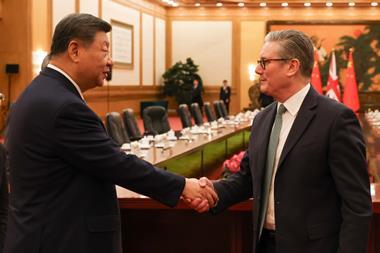
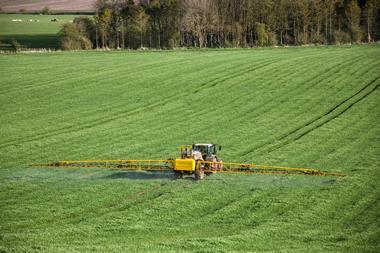
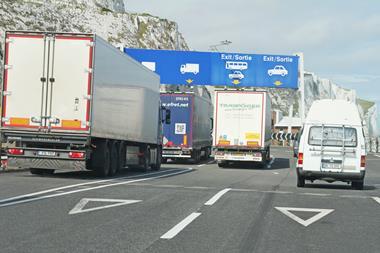
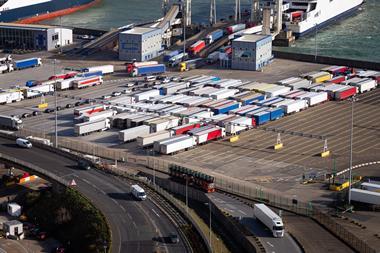

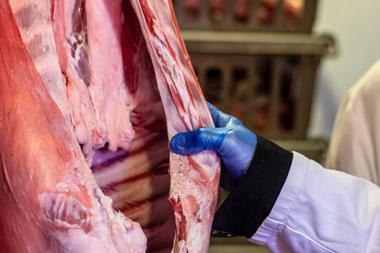






No comments yet